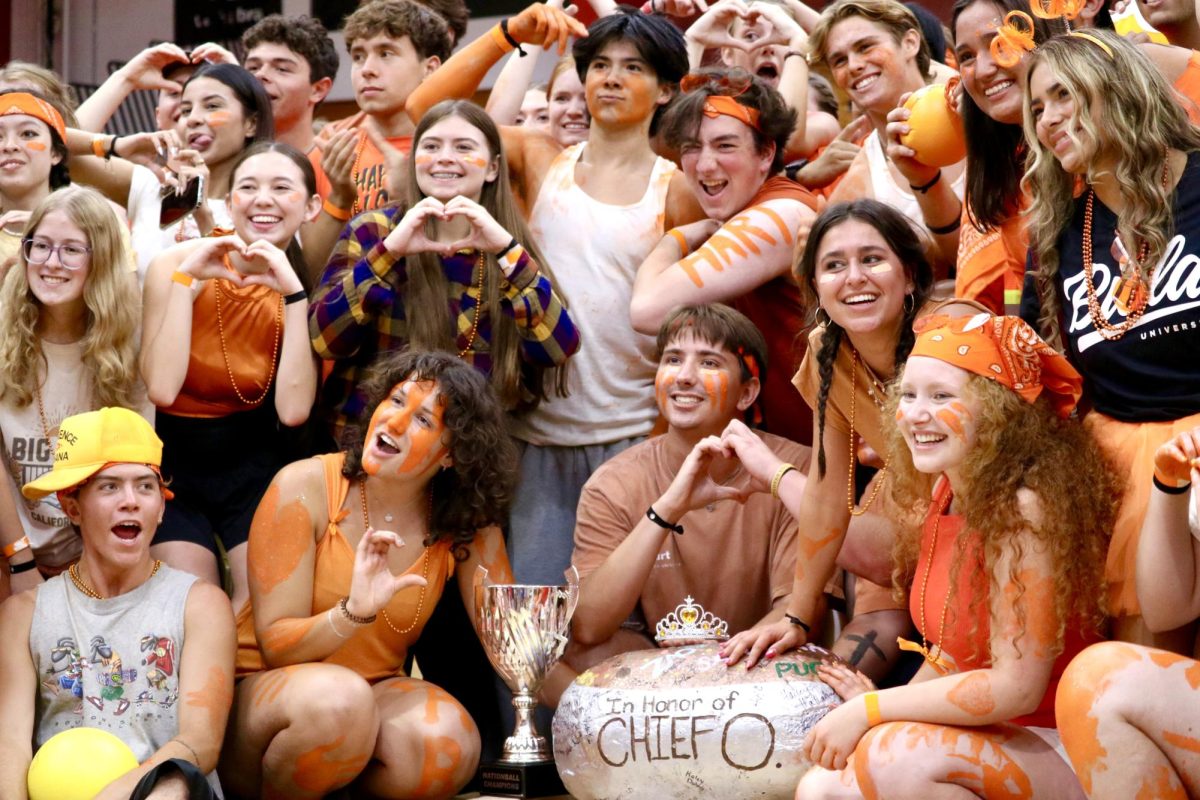Social media does not affect a student’s grades, according to recent studies from Northwestern University and the University of New Hampshire. However, many Biola students disagree.
“[Facebook] probably [affects students] negatively,” junior Sara Pettus said. “I spent way too much time on it. It’s a really good way to procrastinate.”
Years ago, television acted as the main distraction for students. Today, it is social networking that keeps students away from homework.
Many recent studies have found otherwise, however. One survey done by Northwestern University found no connection between how often students used Facebook and their grade point average. The survey included responses from more than 1,000 undergraduates from the University of Illinois, Chicago.
Northwestern University professor Eszter Hargittai, a Stanford doctoral candidate Josh Paseck, and a researcher from the University of Pennsylvania, Eian More, collected and analyzed three different sets of data gathered by this survey and concluded that Facebook may be more common among students with higher grades.
A University of New Hampshire survey of 1,127 students reported no link between social networking and a student’s academic success. In the survey, among the social networking users with high grades, a slightly higher percentage rarely used such sites as Facebook; however, the difference was marginal.
While these studies conclude that social networking doesn’t affect students’ grades, some Biola students said their own experiences have made them think differently.
“It makes it difficult when you’re trying to study,” freshman Andrew McIntosh said. “You say you’re going to get on for five minutes and stay on for 30 minutes.”
One study agreed. Ohio State University graduate student Aryn Karpinski conducted a survey of 219 students on her campus and found that, on average, students who were Facebook users reported lower GPAs.
She later said that her work was purely exploratory, but should not be dismissed. Karpinski admitted that she did not have enough data to determine whether it was in fact Facebook that caused the students to do poorly.
In the long run, McIntosh said he decided that it is possible to keep up in classes, but students who go on Facebook are going to spend less time studying and more time “supposedly studying.”
Tamara Welter, an assistant professor of journalism, was torn on the issue.
She said she has seen how Facebook can be a distraction and may impact her students’ grades in a negative way, but she has also seen how Facebook, when used correctly, can help to inform students about a number of different topics and can be a useful tool.
Welter said that being involved in other extracurricular activities such as soccer or The Chimes may equally affect a student’s grades.
“I would not make an assumption and say that Facebook is negatively affecting students’ grades,” Welter said. “I think it can, and probably does, but I won’t make a generalization to say it is for everyone.”






